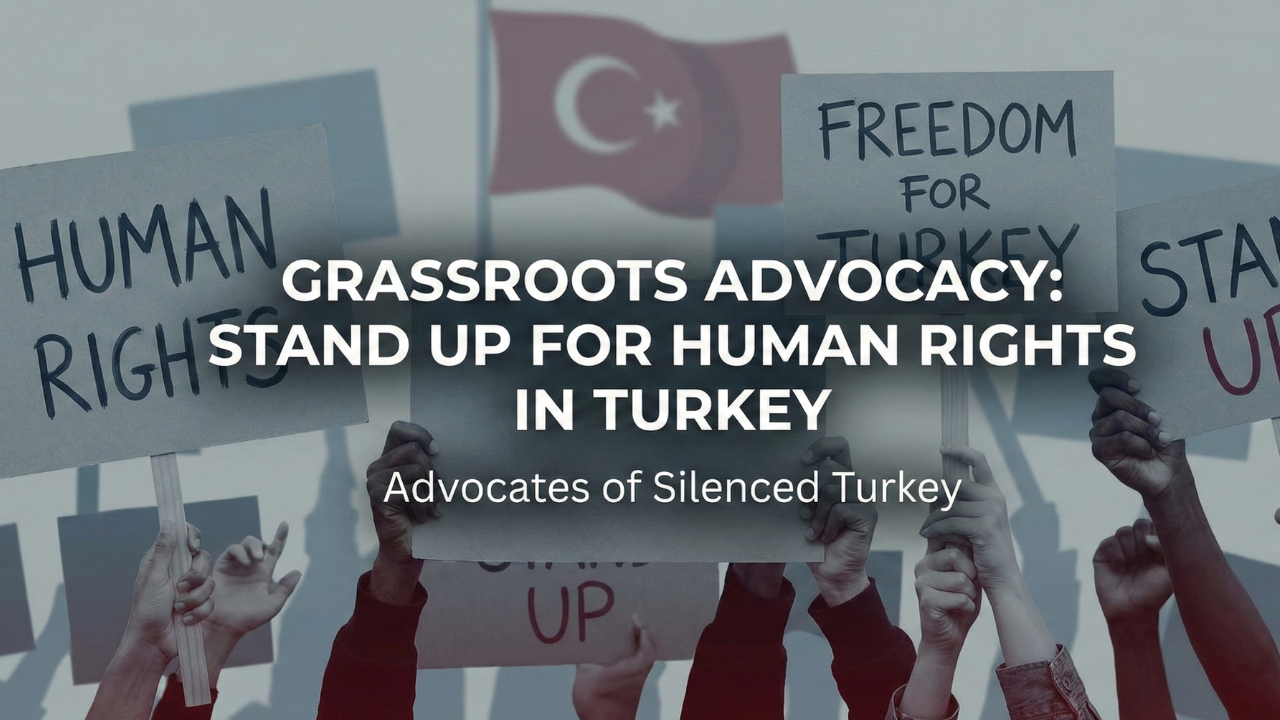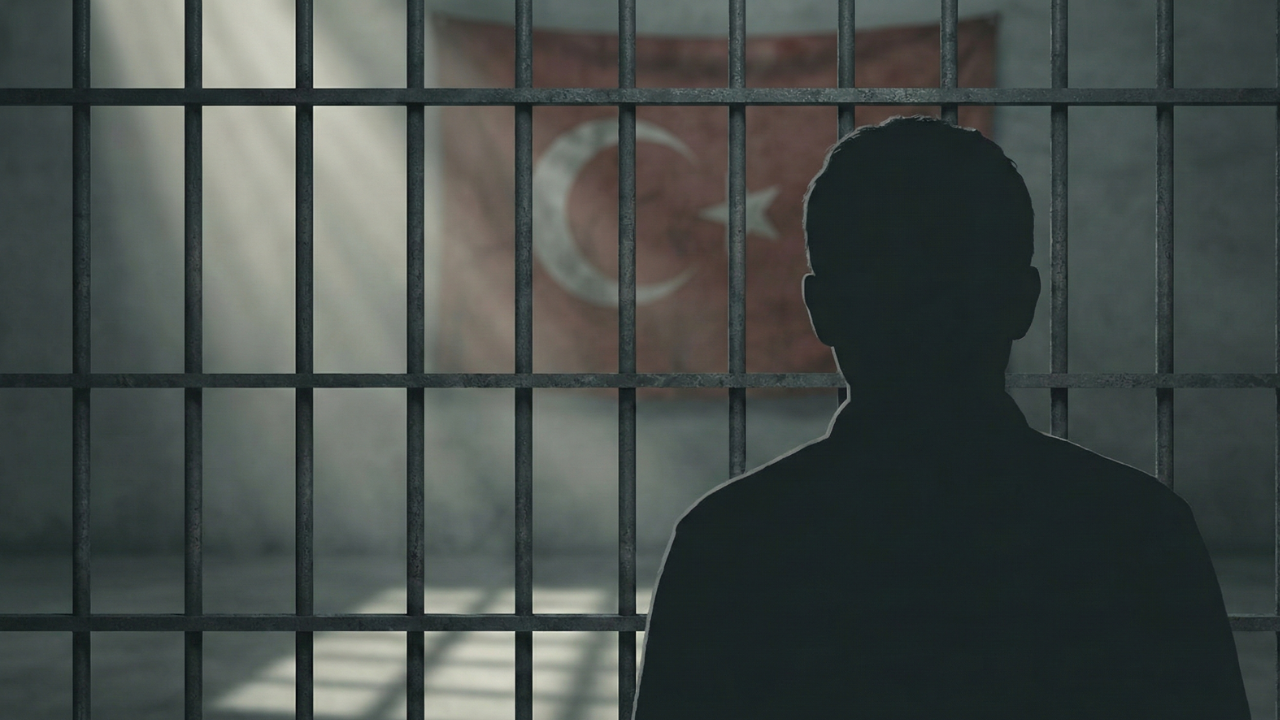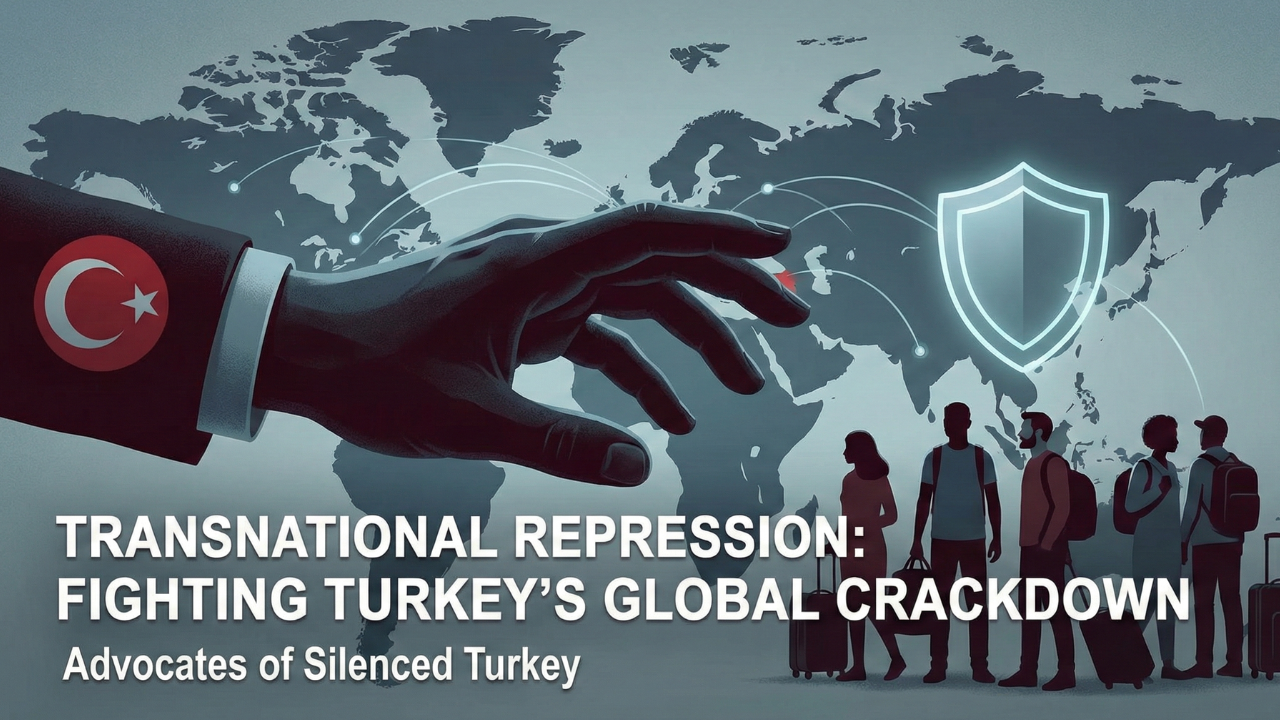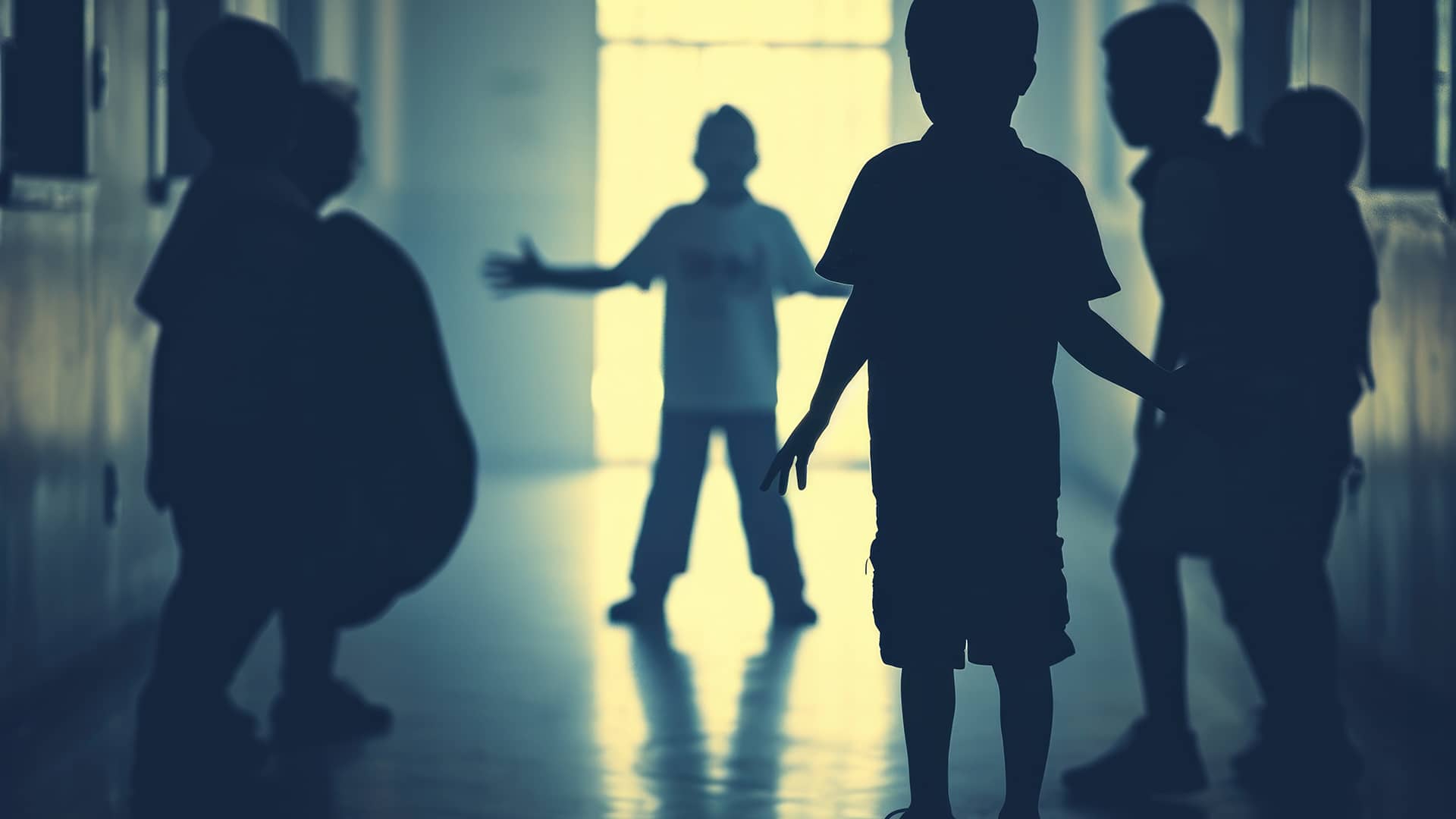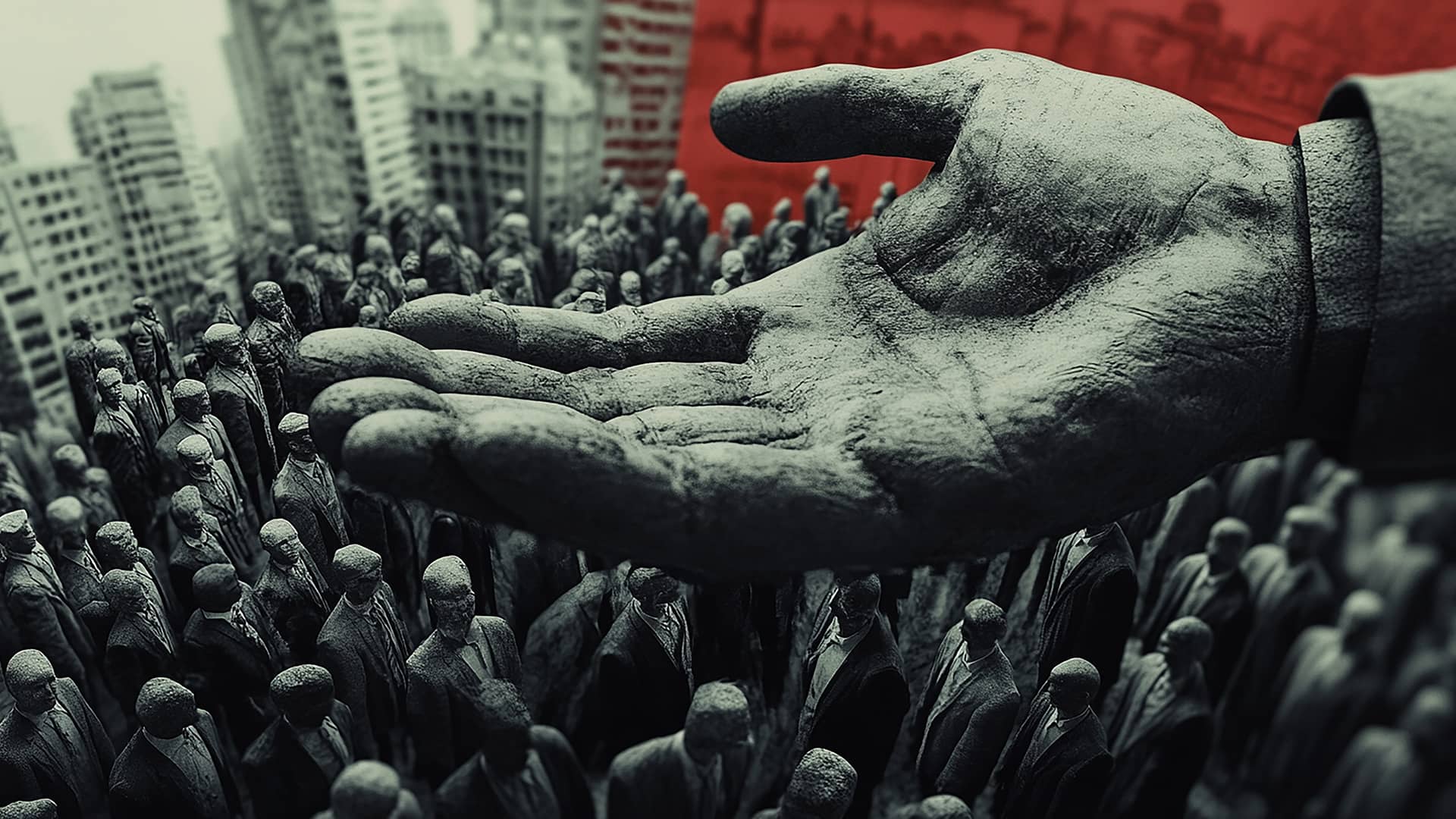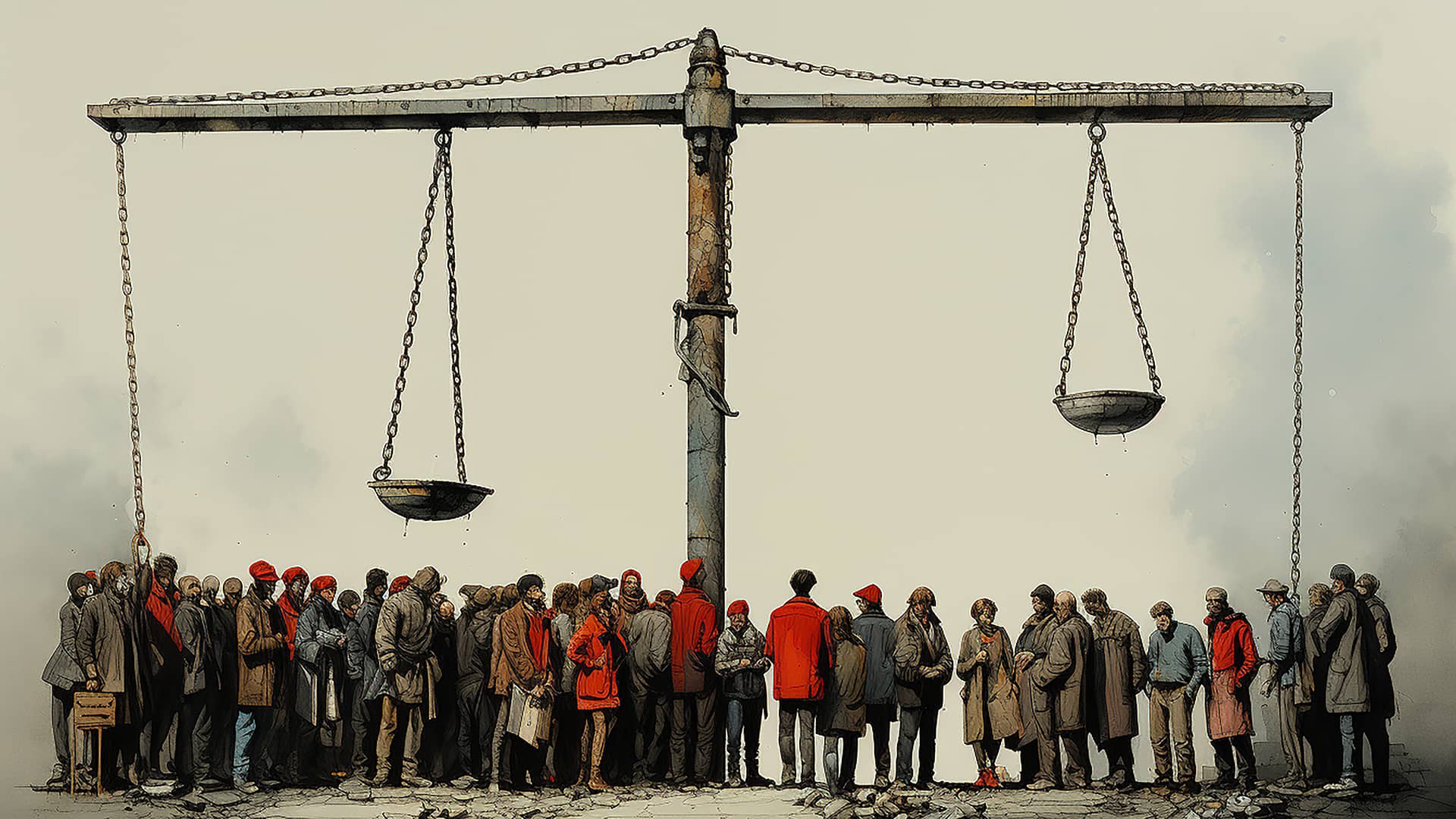Blog
Grassroots Advocacy: 10 Steps You Can Take to Stand Up for Human Rights in Turkey
Introduction When we first learn about the magnitude of human rights abuses in Turkey—the mass detentions, the shuttered newsrooms, the liv...
Read MoreDefending Human Rights in Turkey: Advocates of Silenced Turkey and the Long Struggle for Freedom
In a world where the universality of human rights is enshrined in the Universal Declaration of Human Rights and the International Covenant o...
Read MoreCombating Transnational Repression: How Turkey’s Authoritarian Reach Endangers Exiles
Introduction When Turkish authorities silence voices at home, those voices often seek refuge abroad. Yet exile does not guarantee safety. O...
Read MoreChildren Behind Bars: The Hidden Victims of Turkey’s Crackdown
Introduction When we think of political oppression, our minds often go to public demonstrations, imprisoned journalists, or forced exiles. ...
Read MoreWhy AST? Do Not Let Your Silence Cast Shadows
The voice of a person is the deepest mirror of their conscience. Children behind bars, lives lost in the Maritsa River… The silenced voic...
Read MoreFamilies Under Siege: The Human Impact of Mass Detention
Understanding Mass Detention Mass detention occurs when governments arrest large numbers of people—often without charge or fair trial—for p...
Read MoreGrassroots Advocacy: How You Can Stand Up for Human Rights in Turkey
What Is Grassroots Advocacy? Grassroots advocacy refers to citizen‑led movements that aim to influence public policy and social attitudes f...
Read MoreInternational Human Rights Law: Empowering Victims of State Oppression
The Global Framework International human‑rights law is a network of treaties, conventions and customary norms designed to protect people fr...
Read MoreThe Rule of Law: Guarding Civil Liberties and Human Dignity
What Is the Rule of Law? The rule of law is the principle that all individuals—including government officials—are subject to the law, which...
Read MoreFreedom of Expression: The Cornerstone of Democracy
Why Freedom of Expression Matters Freedom of expression is not simply a privilege enjoyed by artists and journalists – it is the foundation...
Read More